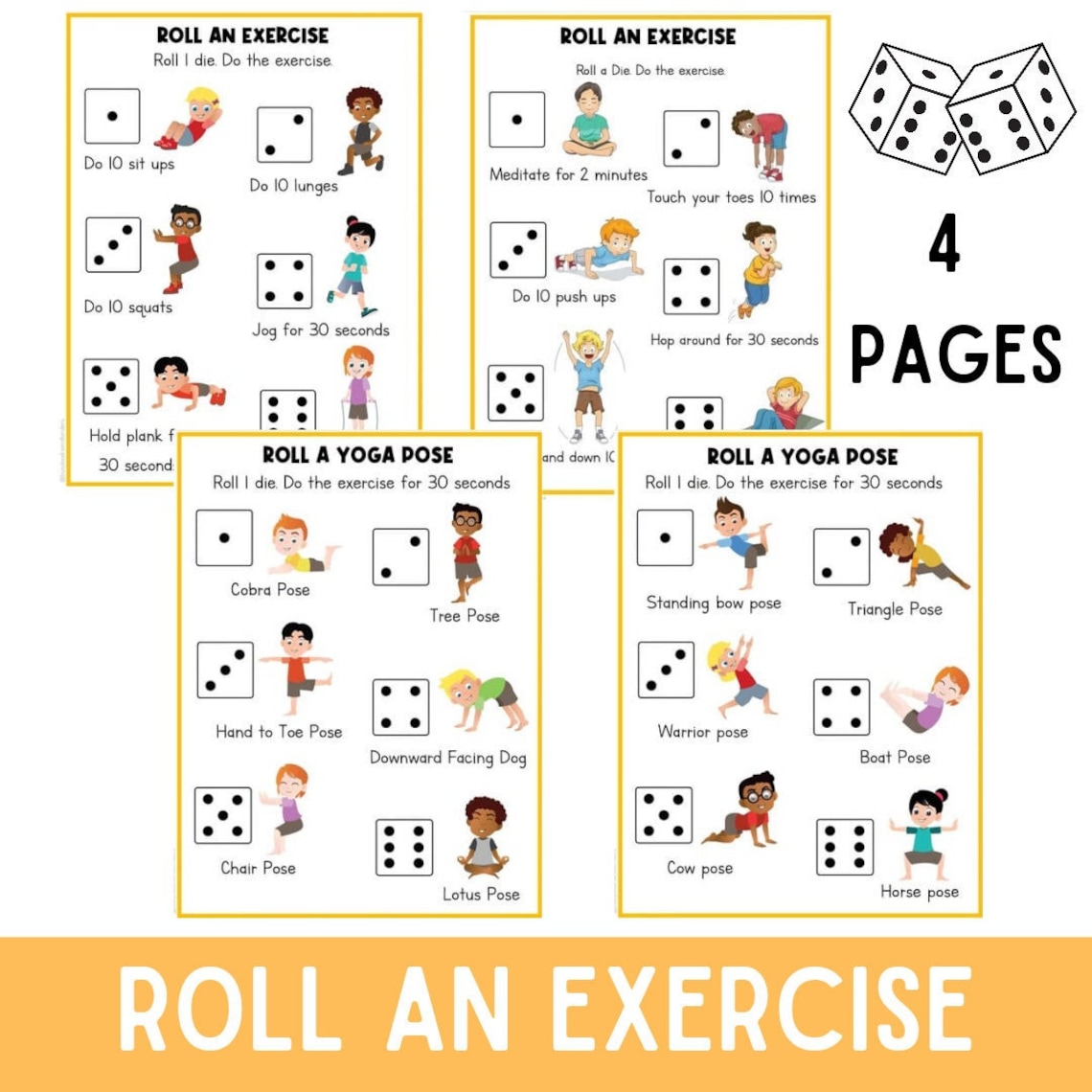I will admit I was a bit on the chubby side growing up and wanted to eat everything in my sight when I was in elementary school. As a parent, we want to keep our kids just about anything that they want whether it’s the IPAD, phone, toys, or games.
But when it comes to food that can be a different story. When parenting a child and trying to get them to eat if they’re a picky eater it can be very challenging. But what if you’re the opposite parent whose child loves to eat everything in sight?
You don’t want your child to become obese but you can’t simply stop yourself from giving into their cute little face when they’re asking for that midnight snack. Keeping a child on a healthy track is extremely hard if they aren’t active.
But Keeping a special needs child healthy can sometimes feel like juggling flaming pineapples while riding a unicycle on a tightrope. I know that it is hard parenting a child with a disability but with patience, skill, and a good sense of humor anything is possible.
1. Vanishing Vegetables
The Scenario:
You’ve whole heartedly prepared a nice nutritious, balanced meal. Your special needs child takes one look and says, “I’m not eating that gunk. It looks like dog food.”
The Strategy:
- Sneaky Veggie Infiltration: Turn those healthy veggies into covert agent. Puree them and slip them into sauces, soups, and even smoothies. Spinach and kale in a berry smoothie? They’ll never know what hit them!
- Creative Presentation: Make the food fun. Broccoli can become tiny trees in a landscape of a field of mashed potato mountains. Carrot sticks are magic wands. If your child believes their plate is an enchanted forest, they might just forget they’re eating healthy.
2. Exercise Expedition
The Scenario:
Convincing any child to get off the couch and move around can sometimes feel like trying to convince a dog to take a bath.
The Strategy:
- Gameification: Turn the exercise into a game. Use technology to your advantage. play dance video games, virtual reality adventures games, and fitness apps designed for kids can make movement exciting and engaging.
- Inclusive Activities: Find activities that are accessible and fun for your child’s specific needs. Swimming, soccer, volley ball, adaptive sports, basketball, or even just a good old-fashioned game of tag can do wonders.
- Family Fun: Family walks, bike rides or backyard camping, or soccer matches can turn exercise into quality family time. Plus, it’s a sneaky way to get everyone moving without it feeling like a chore.
3. Snack-time Dilemma
The Scenario:
Your picky eater child is hungry between meals and reaches for the nearest bag of Lays chips or Chocolate chip cookies. You panic and envision the scale tipping towards the dreaded “extra pounds.”
The Strategy:
- Healthy Snacking: Stock your kitchen with healthy snack options. Fresh fruit, yogurt, cheese sticks, celery sticks, apples, blueberries, and whole-grain crackers can be just as satisfying without the empty calories.
- Portion Control: Teach your children about portion sizes. Pre-portion snacks into small bags or containers. This helps prevent overeating and makes healthy snacking more manageable.
- DIY Snack Packs: Make snack preparation a fun activity with the family. Create a trail mix with your child using a variety of nuts, m&ms, dried fruits, and a sprinkle of dark chocolate chips. It’s a fun, interactive way to encourage healthier choices.
4. Hydration Conundrum
The Scenario:
Your child thinks hydration means drinking juices, sodas, or any type of sugary drink. Water is for the plants, right?
The Strategy:
- Flavored Water: Infuse water with some fruits, natural herbs, or a splash of healthy juice. Strawberry-basil or cucumber-mint water can make hydration more appealing.
- Fun Bottles: Invest in some fun, reusable water bottles for on the go. Let your child pick out their favorite colors or characters. It’s amazing how something as simple as a fun bottle can encourage more water consumption.
- Hydration Reminders: Set reminders throughout the day for water breaks to stay hydrated. Turn it into a fun game—every hour, it’s “Water Time!” Everyone stops what they’re doing and takes a drink of water to re-hydrate themselves.
5. Screen Time Struggle
The Scenario:
Screen time is a constant battle for any child. Your child loves their tablets, TV time, or video games, and you’re worried about the sedentary lifestyle it promotes.
The Strategy:
- Active Screen Time: Encourage activities that are a combination of screen time and movement. Dance-along videos on YouTube, interactive fitness games online, or yoga for kids can get them moving while still enjoying their screen time.
- Set Limits: Create a balanced well thought out schedule that limits screen time and includes plenty of physical activity. Use timers or parental controls to help enforce these limits.
- Screen-Free Zones: Designate certain areas or times throughout the day as screen-free time. Dinner time, for example, can be a great opportunity for family conversation and bonding without the distraction of screens.
6. Reward System Riddle
The Scenario:
You may want to motivate your child to make healthier choices each day, but using food as a reward feels counterproductive and doesn’t really work well with a child with a disability.
The Strategy:
- Non-Food Rewards: Use non-food rewards to celebrate big and small achievements. Stickers, small toys, extra playtime, or a special outing can be just as motivating without the added calories.
- Positive Reinforcement: Celebrate the all victories at home and school. Did your child choose a healthy snack over candy? That’s high-five worthy! Every step in the right direction is a step worth celebrating.
- Goal Setting: Set achievable healthy goals together as a family. Whether it’s trying a new healthy meal each week or increasing physical activity, setting and achieving goals as a family and individually can be incredibly rewarding.
7. Role Model Riddle
The Scenario:
Your child watches your every move as they’re growing up into young men and women. If you reach for drugs, alcohol, cookies, or chips, you can bet they’ll want one too.
The Strategy:
- Be a Role Model: Lead by example in everything that you do. When your child sees you making good positive healthy choices, they’re more likely to follow suit. Eat your veggies daily, drink your 8 glasses of water, and make exercise a regular part of your routine.
- Family Involvement: Make healthy living a family affair. Cook meals together, go on family walks about 2 to 3 times a week, and make fitness fun. The more involved everyone is, the more likely your child will embrace a healthy lifestyle.
- Healthy Attitudes: By focusing on good health rather than weight. Emphasize the importance of feeling good, having energy, and staying strong. A positive attitude towards health can make a big difference in your child’s mindset believe me.
8. Patience Predicament
The Scenario:
You’ve tried everything to make the perfect home, but the scale isn’t budging, and you’re feeling frustrated day by day.
The Strategy:
- Patience is Key: Remember that change takes time and that it doesn’t happen overnight. Focus on small progress and gains, rather than immediate results. Celebrate the small victories and be patient with yourself and your child.
- Stay Positive: Keep a positive attitude always. Your child will pick up on your energy, so stay encouraging and upbeat around them at all times. A positive approach can make the journey more enjoyable for everyone.
- Seek Support: Don’t be afraid to seek and ask for help. Dietitians, Nutritionist, therapists, and support groups can offer the best valuable advice and encouragement. You’re not alone in this journey.
Conclusion
Keeping your special needs child from gaining weight doesn’t have to be a daunting task. With creativity, patience, and a good sense of humor, you can help your child develop healthy habits that will last a lifetime.
Remember, it’s not about perfection—it’s about making small, sustainable changes that add up over time. And don’t forget to laugh along the way. After all, laughter is the best medicine—and it’s calorie-free!
















Very informative post. I hope more parents will find this post! Thanks for sharing.
This is such a great post with helpful tips. This will help so many families! Thank you for sharing.